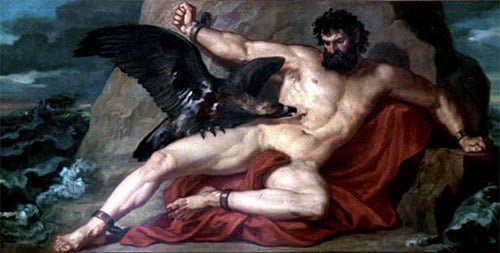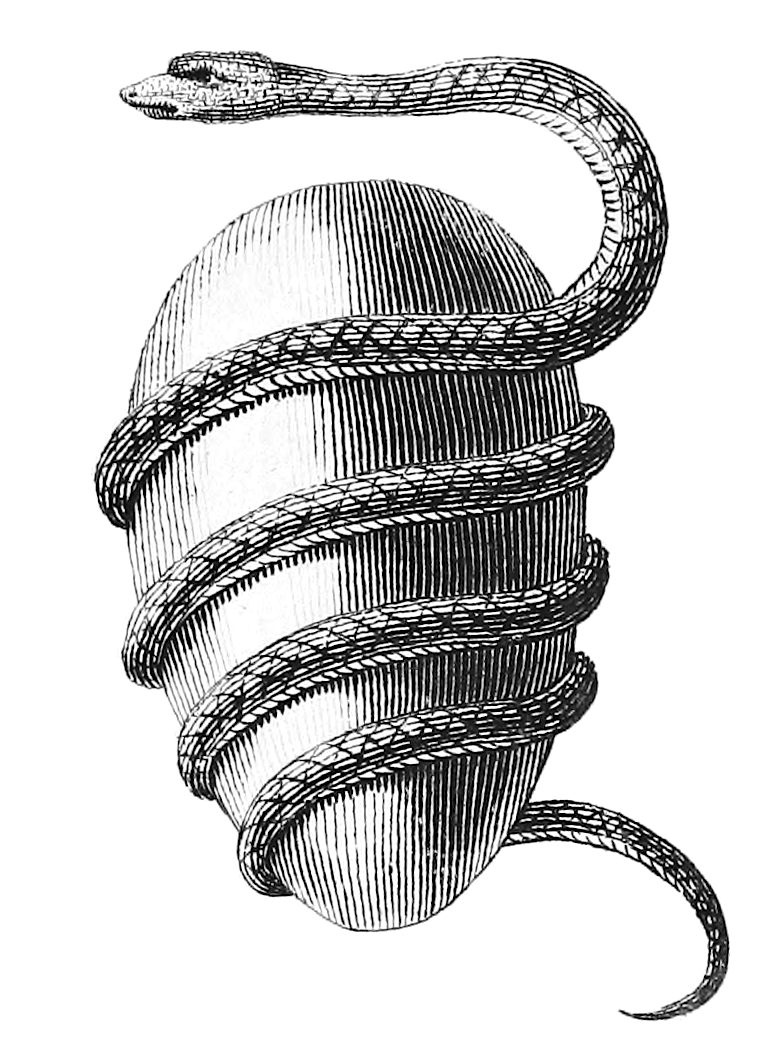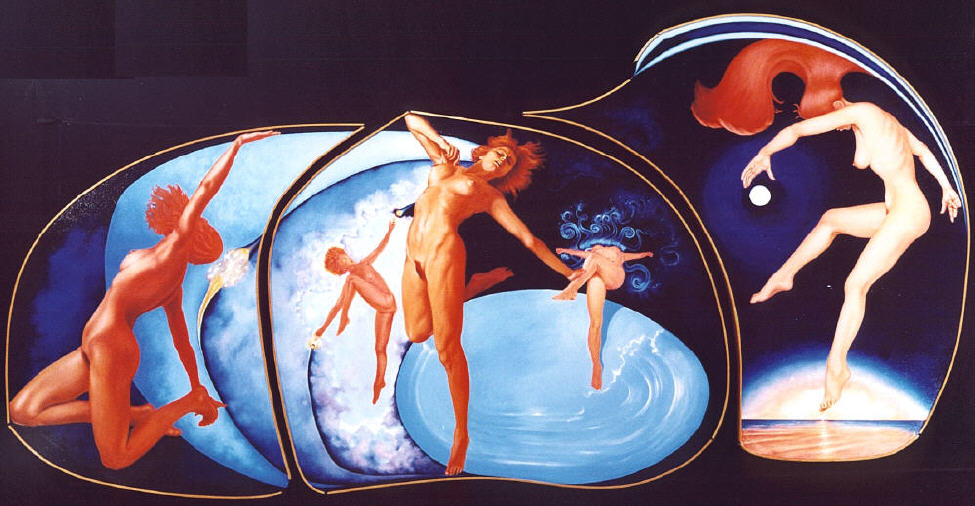That Which I have Learned
Its not very often that I have a
hard time “b-s”-ing a paper. If
you are any type of English or writing major, you know the drill: put on some
mindless music and type a few pages of insightful, snotty reflection that will
make you stand out from all the other snotty English majors. And, if you BS
hard enough, your professor might even consider your snotty writing as witty, and
then you’ve really struck the intellectual jackpot.
However, for the first time since I
entered the world of formal education, I had a really hard time spouting out
crap that rolls off the tongue and puts across ideas that I don’t necessarily
believe or care about. I could
have just gone on some huge rant about how mythology has magically solved all
of my problems and that now all the stars are aligned and all of life’s
questions have been answered.
Well, this time, however, that is not the case. I am going
to be honest.
Isn’t that funny, that these myths which are popularly
considered lies are in fact leading to truth?
Ill start by saying this: Mythology is hard. Its complicated. It asks the tough questions and answers
the questions we don’t want answers to.
Like why Greek men have small butts, or the meaning of “sparagmos”, or
all the ways a poor Australian boy can have his manhood sliced and diced. Like
we learned from all the initiation rights, “no pain, no gain”. The people who still practice these
rituals might have something over us.
While we are growing up in a 100% organic, helmet-obsessed, plushy
playground culture, we have forgotten that those scrapes and bruises we got as
kids (back when things were a nickel) have turned into scars. Scars tell stories. They teach lessons that we will never
forget.
Myth also makes us rethink the attitudes with which we
approach everyday life. All the trials and challenges found in mythology make
our daily struggles seem pretty trivial.
Maybe that is why we don’t acknowledge mythology as a truth- it makes our reality seem less
significant. Nonetheless, I would argue that more people need to experience
this realization- that we are
small pieces in a huge puzzle, rather than the other way around.
Myth forces us to think deeper.
Heck, it made me think a lot more about why things are the
way they are. It stopped me from
being lazy in my reasoning. Rather
than just giving the easy answer of “things are just the way they are because
they always have been and ‘they’
say so”, I now find myself responsible for a lot of vital information
that I can no longer ignore. Mythology gives mankind a base to explain the most
difficult to the simplest of anomalies.
I find it comforting to attribute something to an ancient source rather
than just a scientific theory.
While the latter can be argued to be more significant, I ask: what is
more significant than history? Or culture? Mythology gives the human race
something that we cannot cook up in a lab or write down in a scientific
journal.
Mythology has also taught me the importance of
listening. Someone in our class
made a brilliant statement about how one might lose an evening listening to a
story, but in turn, they gain a lifetime.
While, I must admit, I sometimes find myself nodding off when Dr. Sexton
goes into story mode, I can also say that I am often jolted awake by one of his
insightful quotes that I feel like I need to frame over my fireplace. Wisdom is something one cannot skim
over on Sparknotes, or gain in a quick exchange of greetings on the
street. It takes time. I guess you could say that myth has
also taught me to be patient. Over
the hundreds of years that passed before we heard these myths, their truths
were gaining the validity and knowledge that comes with old age. How could we expect to understand
them if we don’t take the time to listen? They have lifetimes of wisdom under
their metaphorical belts, and who are we to give them any less time than they
require? Even by spending time in
class listening to the stories of my peers, I find myself
looking at people differently. As
a society, we have been conditioned to believe that all we need to know about a
person we can learn on a speed date, or over a text, or through a Facebook
picture. I have learned that this
is no way to truly understand a person.
To really get to know someone’s soul, you have to take the time to
listen to the stories that have shaped who they are.
This class has become so much more than a blog post, or an
attendance point, or a snotty paper.
It has truly been a learning experience that I will not soon
forget. It has helped me realize
that mythology has always been and is will always be. And that, is what I have
learned.








